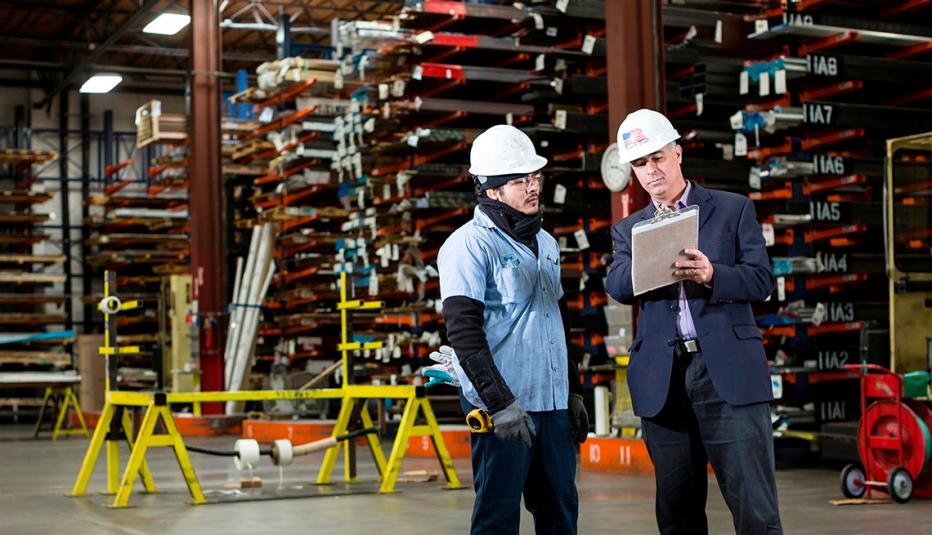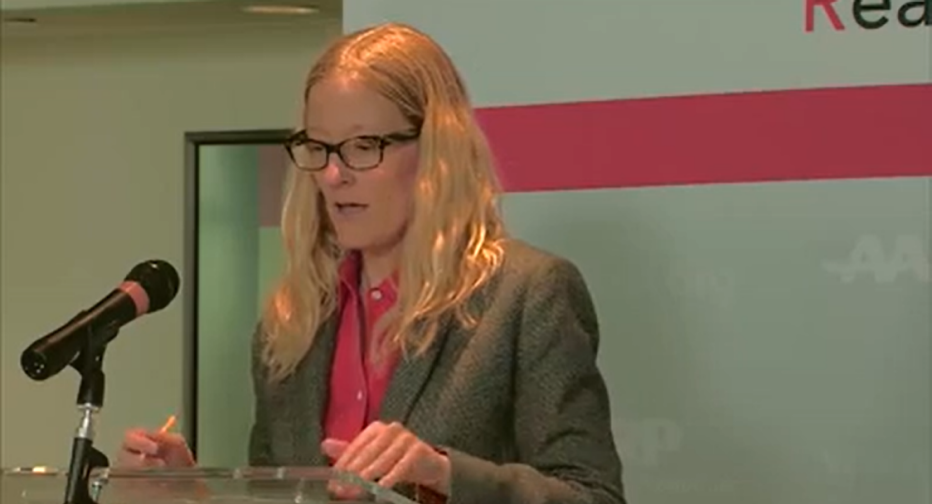AARP Hearing Center


Defining the New Work Reality
What do experts have to say about the future of work? These opinion pieces present differing views on a variety of work topics.
Please note: The views expressed by the authors are meant to encourage debate and discussions; they do not necessarily represent official policies of AARP.
How have trends in job quality changed over time, and what can we expect in the future?
This longer essay examines recent trends, drills down into three occupations, and looks ahead at the challenges and opportunities facing workers, employers and government.
What excites you about the new work reality and its opportunities for workers as they age? What about it keeps you up at night?
- Written By: Dallas Lincoln Salisbury, President, Employee Benefit Research Institute
- Written By: Teresa Ghilarducci, Bernard and Irene Schwartz Professor of Economic Policy Analysis, The New School for Social Research
- Written By: Mara Swan, Executive Vice President, ManpowerGroup, Global Strategy and Talent
- Written By: Jim Lee, Futurist and Founder of Strategic Foresight Investments (StratFI)
Some employers are reluctant to hire people who have been unemployed for a long time, many of whom are older. What is the most effective strategy for giving the long-term unemployed a chance to prove themselves to employers?
- Written By: Joan Cirillo, President & CEO, Operation A.B.L.E. of Greater Boston, Inc
- Written By: Ofer Sharone, MIT Sloan School of Management
Is there any reason to expect that employment-related age discrimination will decline as growing numbers of boomers age and remain, or try to remain, in the workforce? Why? What should we be doing about age discrimination?
- Written By: David Neumark, Chancellor’s Professor of Economics and Director, Center for Economics and Public Policy University of California, Irvine
- Written By: Cathy Ventrell-Monsees, Senior Counsel to Chair Jenny R. Yang, Equal Employment Opportunity Commission (EEOC)
What is the most important change that the workforce development system could make to better meet the needs of older workers?
- Written By: Carl E. Van Horn, Distinguished Professor of Public Policy and the Founding Director of the John J. Heldrich Center for Workforce Development at Rutgers University
- Written By: Lou Jacobsen, President, New Horizons Economic Research
- Written By: Mary Gatta, Senior Scholar at Wider Opportunities for Women and Associate Professor, Sociology, CUNY-Guttman
What are the implications of growing income inequality on workers as they age, and what can be done about it?
- Written By: Monique Morrissey, Economist, Senior Economics, Economic Policy Institute
- Written By: Vickie Choitz, Associate Director, Economic Opportunities Program, The Aspen Institute
Why don't we have an effective lifelong learning system in the U.S.?
- Written By: Mary Alice McCarthy, Senior Policy Analyst, New America Foundation
- Written By: Andy Van Kleunen, Chief Executive Officer, National Skills Coalition





























































